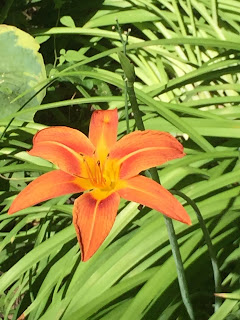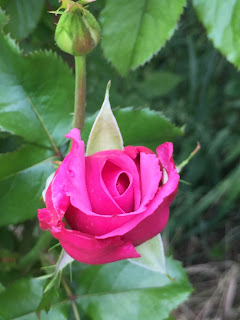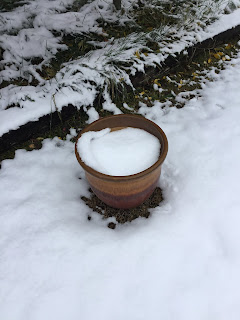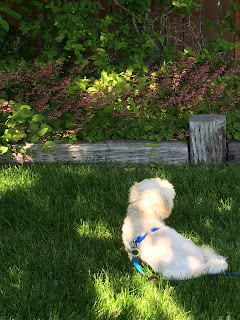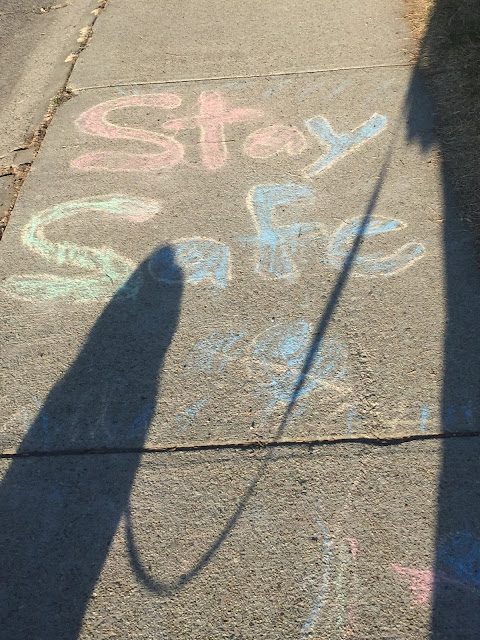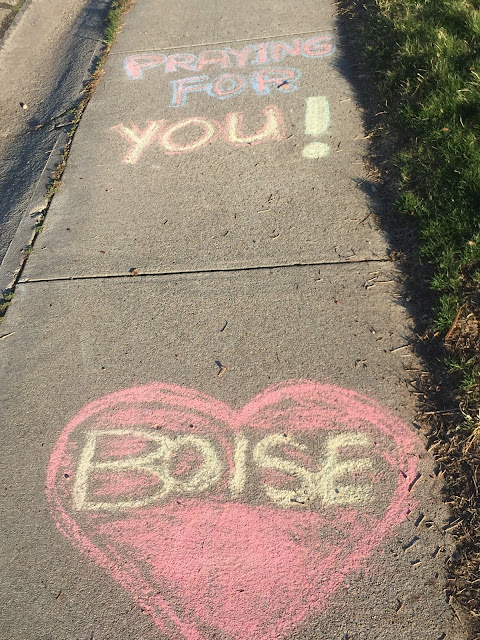Last Sunday morning, I was scheduled to serve as a prayer counselor at my church. Other Sundays, I’m a member of the worship team. I was also looking forward to participating in chapel service at a women’s shelter in a couple of weeks. I love my church family and all the opportunities to serve.
Back to last Sunday. I woke up to my usual alarm at 6:00, plenty of time to sip coffee with my husband John and walk our lovable Shih Tzu named Paavo. Our dog is our only kid, and we can’t imagine life without him.

But instead of walking Paavo and going to church, the morning was spent at the local animal emergency room. Paavo had begun to tremble and whimper, obviously in excruciating pain. In the waiting room, I texted our prayer team leader, explained why I would not be in church, and asked for prayer. She immediately replied that they would be praying for us and “sweet Paavo.”
After examining Paavo and giving him a pain injection, the doctor explained that Paavo was likely suffering from intervertebral disc disease (IVDD). Since Paavo could walk, his condition could be managed without surgery.
My heart sank as I listened to the discharge instructions: 4 weeks of strict rest in a crate or confined area to allow healing. No running, jumping or excessive walking. Paavo would have to be carried outdoors for potty, then right back in the house. Plus three medications. Paavo loves to run in our yard and go for long walks. I was heartbroken for him.
Obviously, schedules had to be cleared. My family needed me at home for the next few weeks. That meant no worship team or prayer team. And I felt a twinge when I realized I’d have to miss our chapel service at the women’s shelter. Months of saying “yes” came to a temporary screeching halt.
But I am reminded that challenges and disappointments are also opportunities to grow in grace. I may think I have it all figured out — where and how I will serve — but God reminds me that I am not in control.
“For I know the plans I have for you,” declares the Lord, “plans to prosper you and not to harm you, plans to give you hope and a future.” Jeremiah 29:11
We are a week into Paavo’s convalescence and recovery. He improves every day and wants so badly to run, jump and go for walks. For a change of scene, I sometimes carry him to another part of our neighborhood. He sniffs and sniffs for just a few minutes, just being a dog and savoring this all-too-brief break from IVDD “jail.”
I look forward to returning to my church activities in a few weeks. But meanwhile, God has other plans. When I see a smile in Paavo’s eyes after we play a gentle game, my heart melts. His expression softens as John strokes him and reassures him. We softly tell Paavo that he’s going to be all right, that he needs to rest so he can heal.
“Do not conform to the pattern of this world, but be transformed by the renewing of your mind.” Romans 12:2
Sometimes following Jesus leads to an unexpected bend in the road — a detour in a carefully drawn roadmap. But those interruptions can bring unexpected graces in ordinary circumstances. It can be as simple as a smile on my dog’s face, where there once was fear and pain. Or seeing my husband with renewed affection, as he soothes and cares for Paavo.
With Jesus as my Lord and Savior, God can transform me through my circumstances. He loves me as no one else can — enough to die for me.
How about you? Are interrupted plans leaving you discouraged and frustrated? If you haven’t already, maybe this is the time to put your life in God’s hands and accept that gift of salvation.










